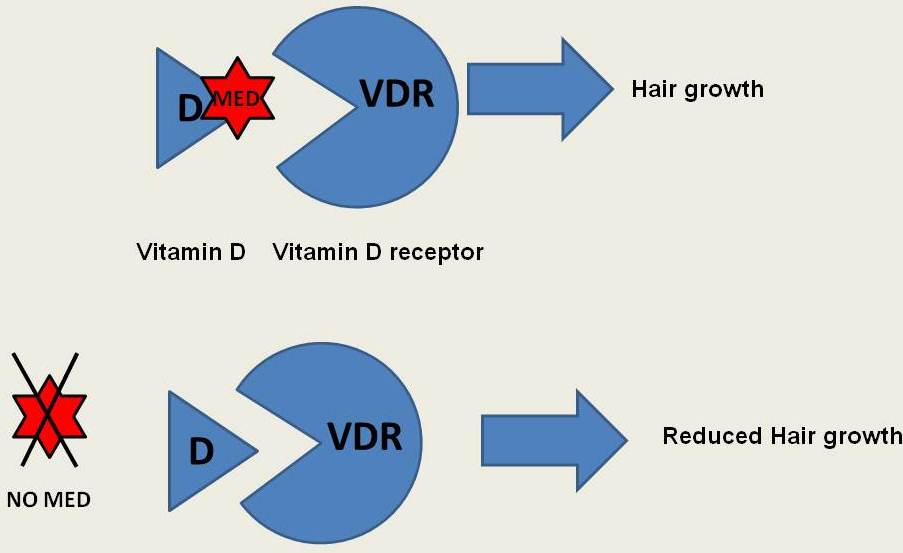Low iron and hair loss - Do I need an iron transfusion?
Iron transfusions low iron and hair loss- when do I need a transfusion?
A common question that I'm asked is when are iron infusions needed for individuals with low iron levels (i.e. low ferritin level). One key point rules the discussion - unless 3-6 months of iron pills have been used, iron infusions are not generally going to be recommended. We call this a 'trial of iron oral iron supplementation."
Unless a trial of oral iron supplementation has been done, iron infusions are pretty unlikely to happen.
Low iron in Women
First off, it's important to know that low ferritin levels are very common in women. 30 % of premenopausal women have low iron. Low iron with normal hemoglobin levels is also very common. Low iron in young women is common. Low iron after an illness is not too uncommon either.
In order to fully assess if someone qualifies for iron infusions it's critical to know one's age, medications, medical history. In other words, a whole bunch of other factors matter. The question of iron infusions is not usually just yes or no. But unless an individual tells me they have had 3-6 months or oral iron supplementation and his or her ferritin level didn't show any move upwards - they probably don't qualify for iron infusions. Exceptions do this do exist.
Improving oral iron supplementation
It takes time for iron levels to move up. Be sure to take with vitamin C to improve absorption. Be sure to take enough. If constipation happens, use lots of fiber in the diet and consider new iron pills that are less likely to cause constipation and GI upset in general. Limit coffee and teas. Limit antacids
REASONS FOR IRON SUPPLEMENTATION
Iron supplementation is done in several cases. This list is not complete - AND it also depends on the hematologist who sits in front of you. Here are some common reasons for IV iron.
1. Individuals who have tried iron pills for several months and ferritin levels don't raise!
2. Individuals who just can't tolerate iron pills on account of GI upset.
3. Individuals who are losing iron fast - and can't keep up with levels by simply taking iron pills
4. Individuals with nondialysis-dependent chronic kidney disease, obstetric indications, heart failure, heavy bleeding wth menstrual cycles and anemia associated with cancer and its treatment (chemotherapy induced anemias).
5. Individuals with inflammatory bowel disease - whereby oral iron can aggravate symptoms
6. Individuals who can't maintain iron levels with hemodialysis.
7. individuals with low iron after gastric bypass and other stomach surgeries.
Summary
In most people, a 'trial' of oral iron is generally needed before considering IV iron therapy.
This article was written by Dr. Jeff Donovan, a Canadian and US board certified dermatologist specializing exclusively in hair loss.



